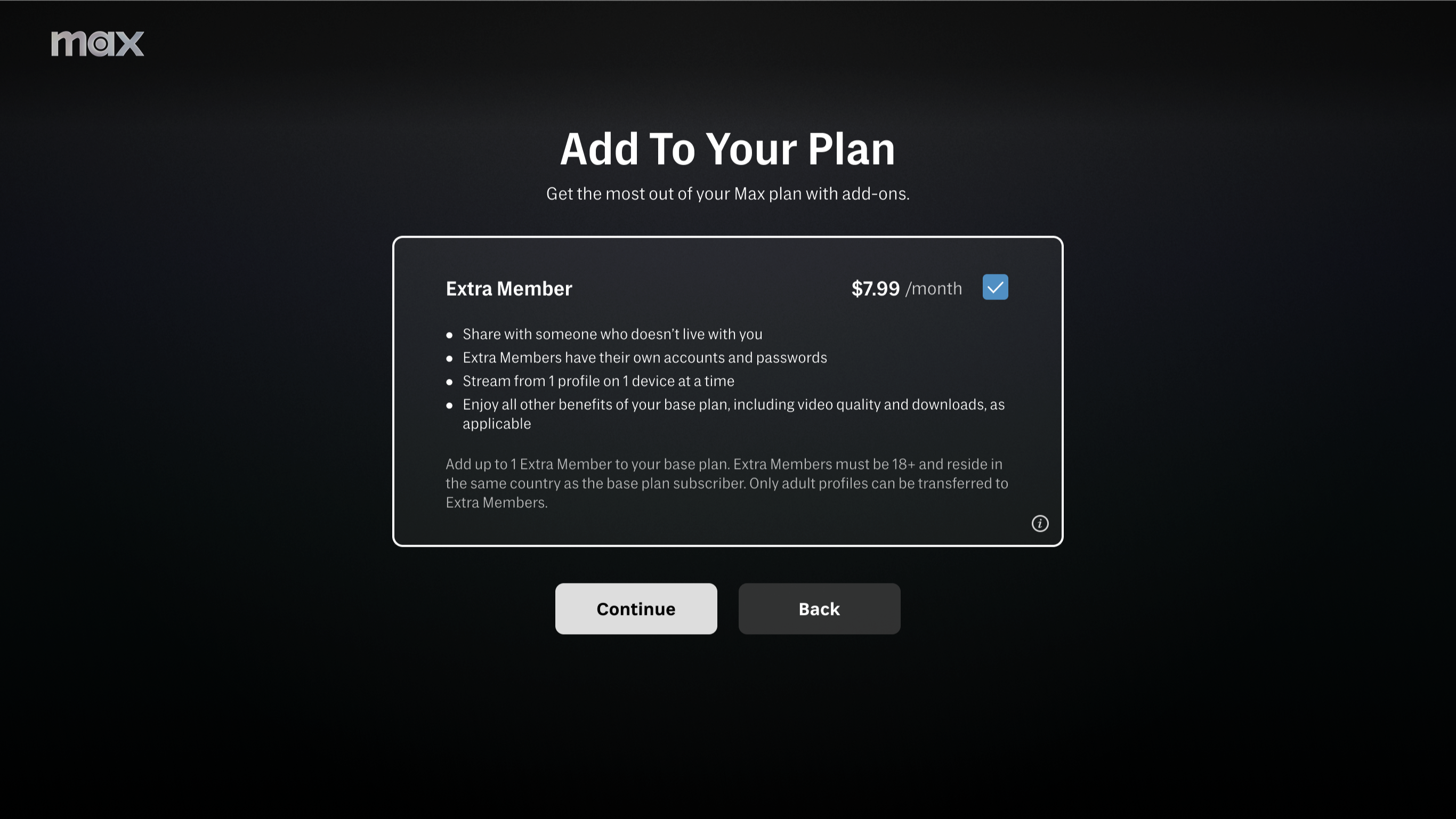ATVA, NAB Renew Retrans, Ownership Battle at New FCC
Dueling meetings pitch very different views

WASHINGTON—It may be a new, Democratic-led FCC, but broadcasters and cable operators are fighting the same retrans and media ownership battles.
On March 16, representatives of the American Television Alliance met with a top FCC staffer to argue that the current media ownership rules allow broadcasters to skirt limits and create triopolies and even quadropolies, loopholes they argued should be eliminated.
They argued that consolidation leads to higher retrans fees, that are passed on to consumers, as well as reduced diversity of voices.
ATVA also took aim at the larger retransmission consent regime, saying that 20% annual fee increases and record numbers of retrans-related blackouts did not represent a functioning market.
Only a few days later, representatives of the National Association of Broadcasters met with a different FCC staffer to talk about the same issues, but from quite a different perspective.
NAB said broadcasters can't provide local news, weather, sports and emergency info if they are not competitively viable, which means getting fair value for its valuable local content and not being saddled with regulations not placed on its pay-TV or over-the-top video or social media digital platforms not similarly subject to "onerous" restrictions.
NAB called ATVA an "astroturf group" trying to undermine Congress' will in establishing the retransmission consent/must-carry regime.
Get the TV Tech Newsletter
The professional video industry's #1 source for news, trends and product and tech information. Sign up below.
As to the FCC's ownership regs, NAB said they were too strict, not too loose, as well as outdated and harmful. As for diversity of voices, it argues that the FCC has made "no progress" on encouraging diversity of ownership under the rules it claims are necessary to do that.
"The Commission must face the reality that the very rules it has established to encourage diversity in fact make broadcast investment far less attractive for historically underrepresented groups," NAB told the commission. "Given that a potential investor can choose from many other related industries that are free from onerous ownership (and other) restrictions broadcasters face, the Commission’s own actions have made it even less likely its desired outcome will be achieved."
The FCC is required to review its broadcast regs every four years to determine if they are still necessary in the public interest.
Contributing editor John Eggerton has been an editor and/or writer on media regulation, legislation and policy for over four decades, including covering the FCC, FTC, Congress, the major media trade associations, and the federal courts. In addition to Multichannel News and Broadcasting + Cable, his work has appeared in Radio World, TV Tech, TV Fax, This Week in Consumer Electronics, Variety and the Encyclopedia Britannica.

